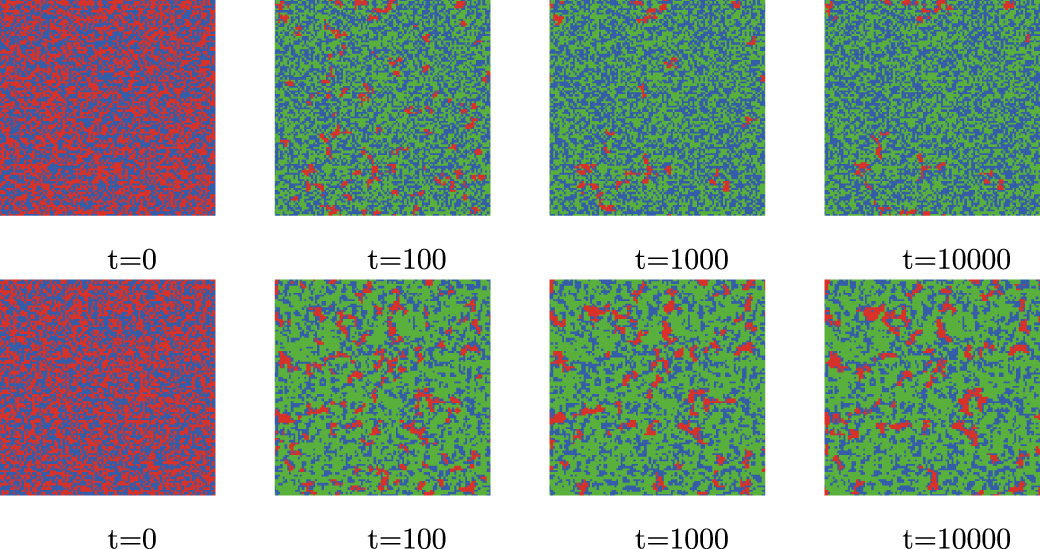EPJ B Highlight - Simulating cooperation in local communities
- Details
- Published on 12 June 2020

Simulations reveal how the social benefits of supplies to goods and service providers in China could be improved through a payoff transfer system, which rewards individuals who cooperate the most with their local communities.
Many goods and service providers in China rely on supplies from local governments, but these are often limited by financial budgets – especially in rural villages. Members of the public must cooperate with their governments and each other in order for this system to run smoothly, but unfortunately, this balance is threatened by a small proportion of individuals who take in welfare without contributing fairly to their communities. In new research published in EPJ B, Ran Yang and colleagues at Tianjin University, China, introduce a new simulation-based approach which could help to solve this issue, through a cost-effective system which rewards individuals who use welfare systems responsibly.
The team’s work could help to improve the efficiency and fairness of goods and service operations in China, without requiring external funds for reward and punishment systems. Their system works by assigning ranked reputation scores to individuals, which are quantified by their previous levels of cooperation and made known to the public. When payoffs are made by local governments, lower-reputation individuals will be required to transfer some of this welfare directly to those with higher reputations. This provides a significant incentive for people to improve their reputations.
Yang and colleagues designed the system using computer simulations of a ‘public goods game.’ By tuning the parameters of the simulation, they explored how various mechanisms of payment transfer between ‘players’ of differing reputations would cause public cooperation as a whole to evolve over time. This allowed them to determine how these transfers could be optimised to ensure as many players as possible came to improve their reputations, without incurring any significant costs. The study could ultimately provide useful insights for local governments and organisers as to how they can ensure that their supplies to public goods and services providers can benefit their communities the most.
R Yang, T Chen, Q Chen (2020), Promoting cooperation by reputation-based payoff transfer mechanism in public goods game, European Physical Journal B 93:94, DOI: 10.1140/epjb/e2020-100618-x




